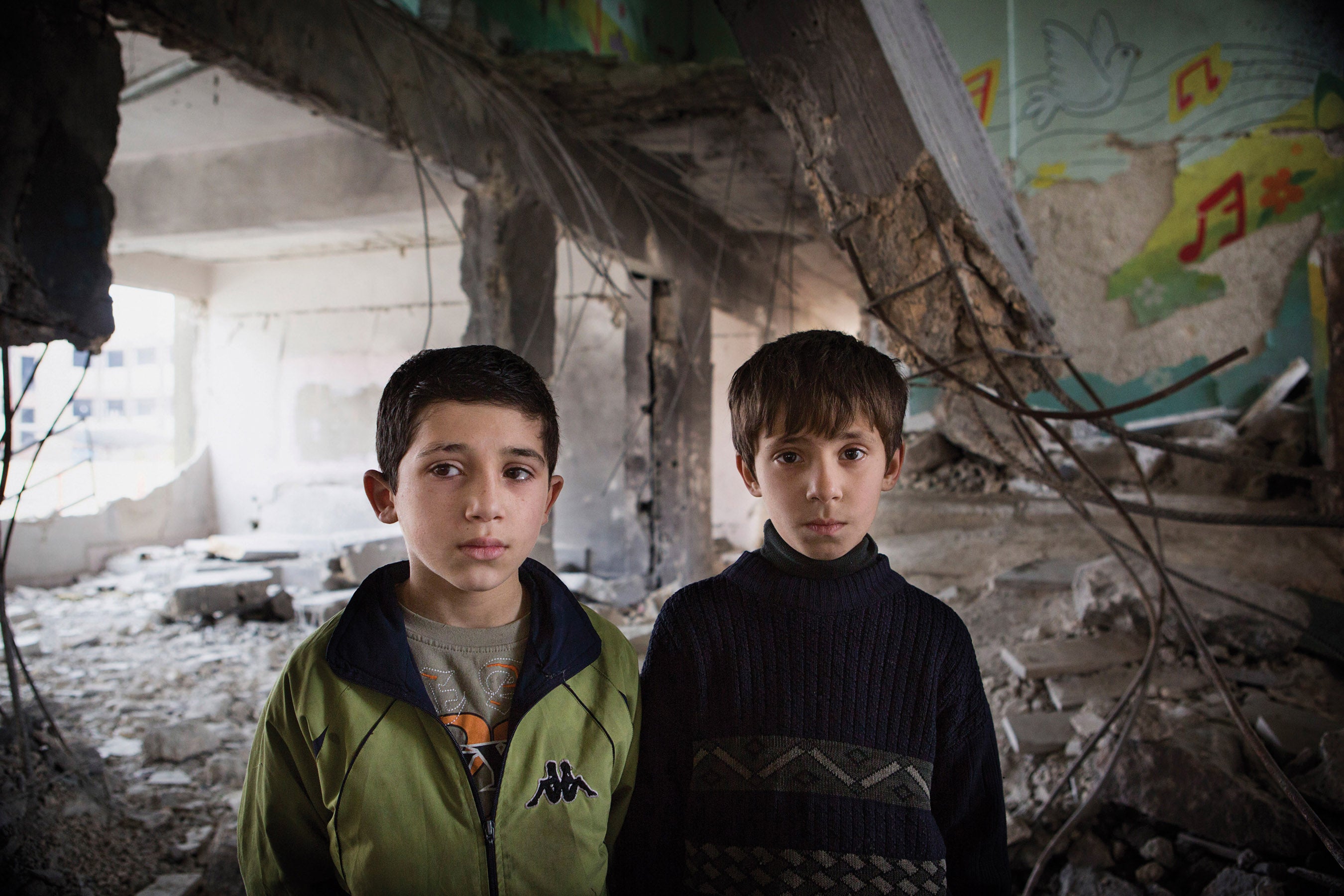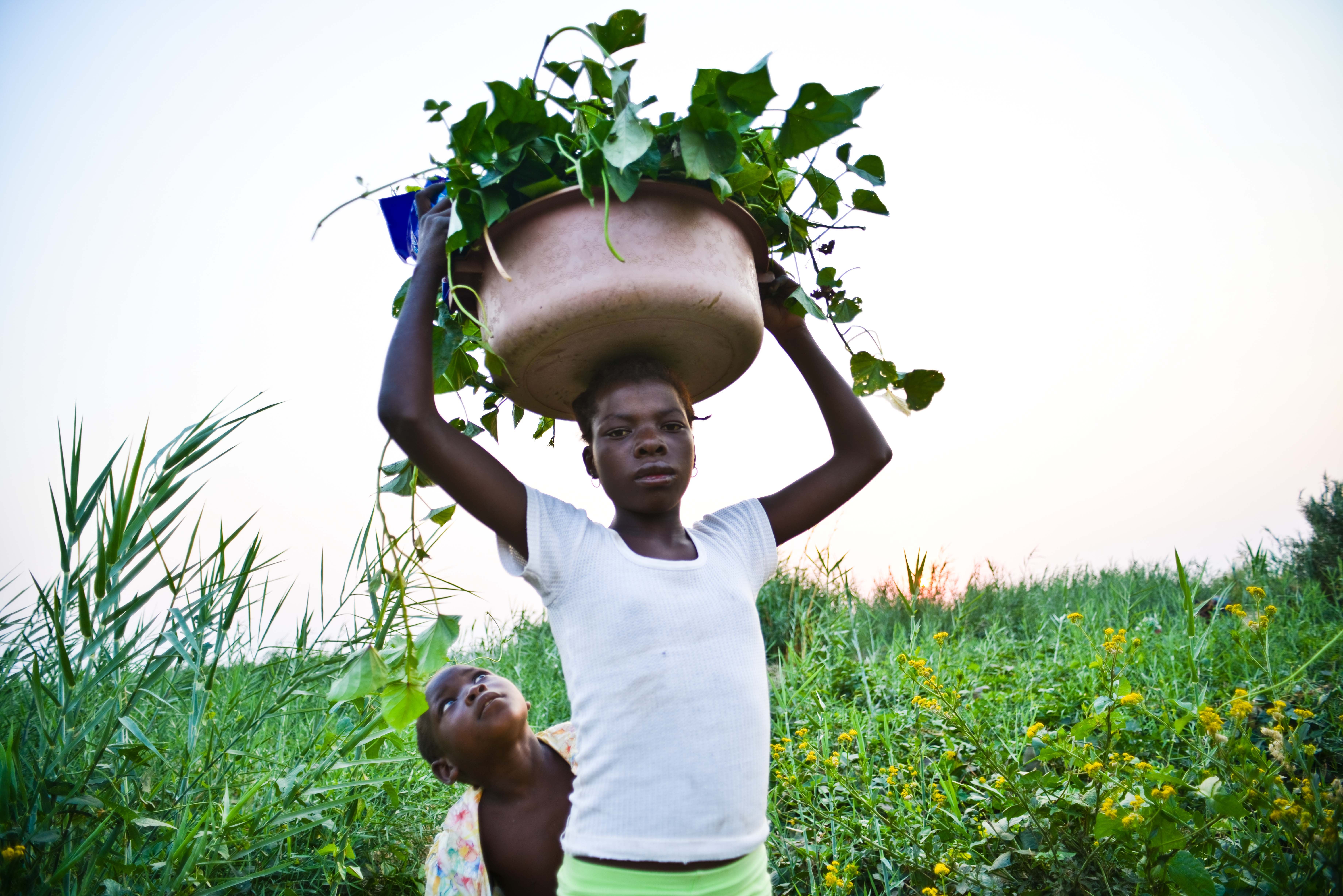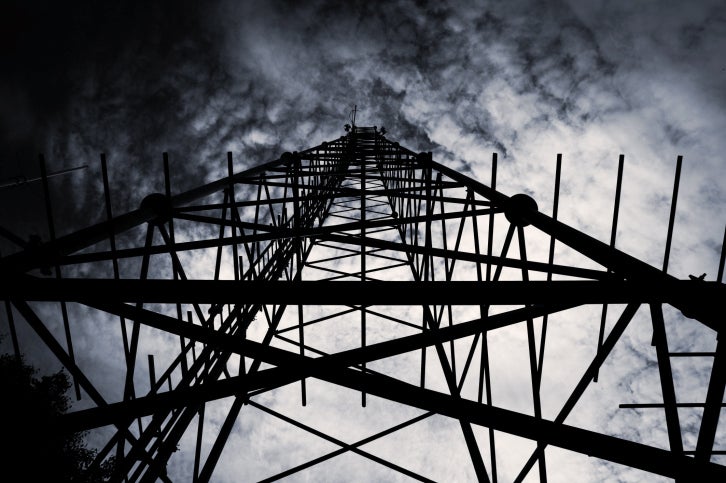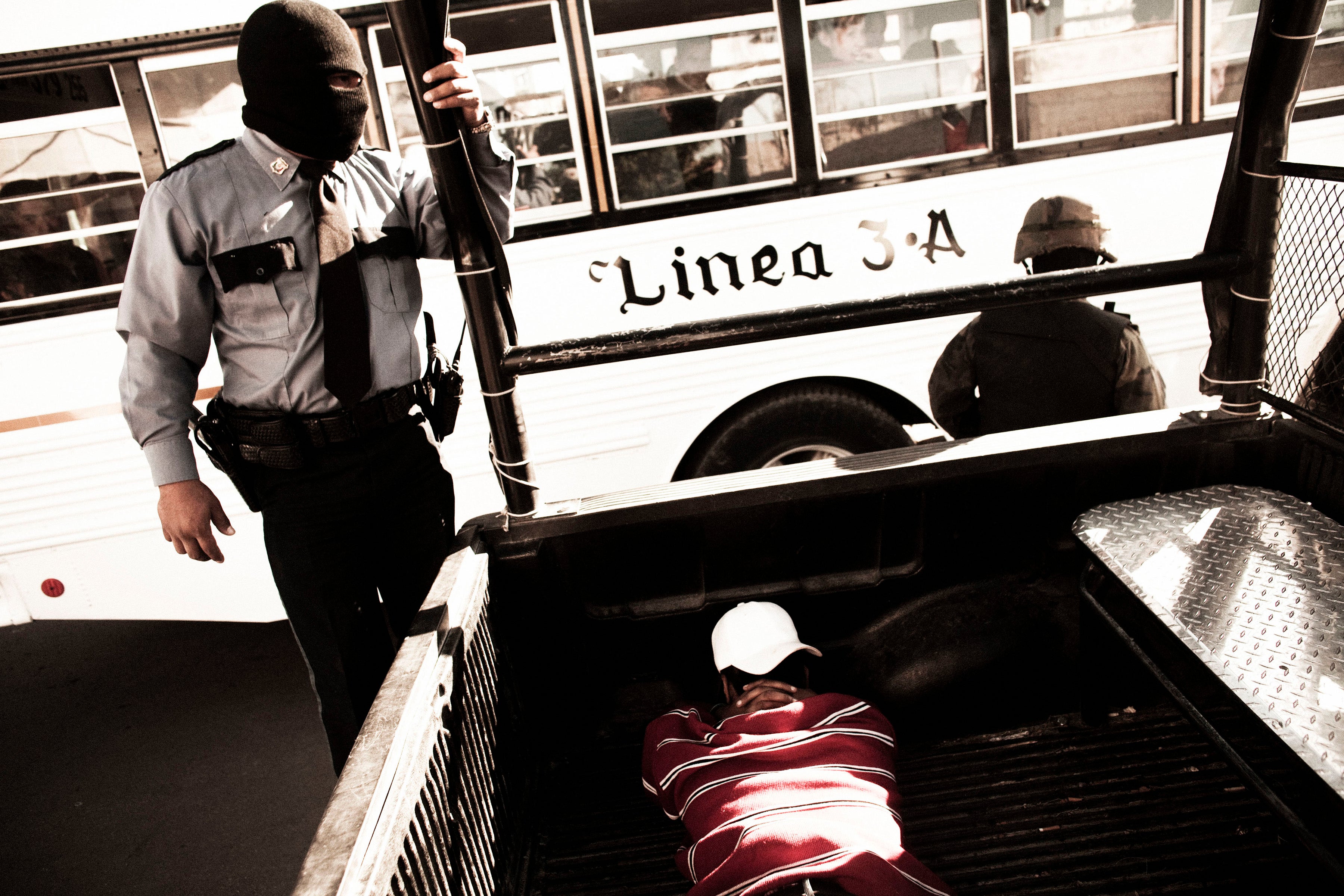Despite the lifting of the state of emergency in April 2011 and the adoption of new laws on association, media, and political parties, Algeria has made little progress on the protection of human rights. Authorities continued to restrict freedom of assembly and association, prohibiting meetings and protests. They clamped down on union rights, frequently resorting to arrests and prosecutions of union leaders and activists.
Security forces and armed groups continued to enjoy impunity for atrocities they committed during the civil war of the 1990s. Armed militants committed a significant number of attacks against government officials, members of security forces, and civilians, culminating in the attack against the gas facility of In Amenas. After lifting the state of emergency back in 2011, authorities adopted new legislation authorizing the long-established practice of holding alleged terrorists in assigned secret residences for up to nine months.
Freedom of Assembly
Algerian authorities continue to restrict freedom of assembly, relying on pre-emptive techniques, including blocking access to sites of planned demonstrations and arresting organizers in advance to prevent public protests from even beginning. During peaceful demonstrations in the south of the country organized by associations of the unemployed, police arrested protesters. Courts later sentenced several of them to fines or suspended prison terms. Police arrested Taher Belabès, a coordinator for the National Committee for the Defense of the Rights of the Unemployed, in the southern town of Ouargla on January 2, after police dispersed peaceful protesters demanding jobs and the sacking of local officials for failing to tackle unemployment. Prosecutors charged Belabès with “obstructing the flow of traffic” and “inciting a gathering” and sentenced him on February 3 to one month in prison and a fine of 50,000 Algerian dinars (US$614).
Freedom of Association
On February 20, 2013, police arrested and expelled 10 non-Algerian members of associations of unemployed workers in other Maghreb countries who had traveled to Algiers to attend the first Maghreb Forum for the Fight Against Unemployment and Temporary Work (Forum maghrébin pour la lutte contre le chômage et le travail précaire) that was to take place on February 20 and 21 at the labor union center in the Bab Ezzouar neighborhood. Officials held them at the Bab Ezzouar police station, then took them to the airport, from where they expelled five Tunisians and three Mauritanians that same day, and two Moroccans the following day.
Freedom of Speech
The state operates all television and radio stations, and on key issues, such as security and foreign and economic policy, they broadcast the official line and allow no dissident commentary or critical reporting.
The January 2012 Law on Information eliminated prison sentences but raised fines for journalists who commit speech offenses. The offenses include defaming or showing contempt for the president, state institutions, and courts. The law has also broadened restrictions on journalists by requiring them to respect vaguely worded concepts, such as national unity and identity, public order, and national economic interests.
Other speech offenses still pervade the penal code, which provides for up to three years in prison for tracts, bulletins, or flyers that “may harm the national interest” and up to one year for defaming or insulting the president of the republic, parliament, the army, or state institutions. Prosecutors haul journalists and independent publishers into court for defaming or insulting public officials, and first instance courts sometimes sentence them to prison and heavy fines, only to have appeals courts overturn or convert to suspended sentences the penalties imposed by the lower courts.
On May 19, the public prosecutor in Algiers charged Hisham Abboud, director and owner of the private newspaper Jaridati and its French edition Mon Journal, of compromising state security by publishing a story about President Abdelaziz Bouteflika’s health. The Telecommunications Ministry had banned the two newspapers from publishing a front page report on the deteriorating health of the president, based on French medical sources and sources close to Bouteflika.
Judicial Harassment
In 2013, authorities charged several human rights activists and union leaders with crimes related to the peaceful exercise of their right to assemble or their voicing of support for strikes and demonstrations. A court on May 6 sentenced Abdelkader Kherba, a member of the National Committee to Defend the Rights of the Unemployed (Comité national pour la défense des droits des chômeurs-CNDDC) to two months in prison, and fined him 20,000 dinars (US$250) after he distributed leaflets about national unemployment.
Rights of Unions
Algerian authorities in 2013 have increasingly clamped down on workers’ efforts to form independent unions and organize and participate in peaceful protests and strikes. Authorities have blocked union demonstrations, arbitrarily arrested trade unionists, and prosecuted some on criminal charges, when the real motive behind their prosecution appears to have been punishment for union activities.
Algerian authorities engage in administrative maneuvers to withhold legal status from independent unions. The law on legalizing new unions requires these groups only to notify the authorities that they exist, not to seek their permission to form. But authorities sometimes refuse to issue a receipt proving they have been notified.
The Union of Higher Education Teachers in Solidarity (Syndicat des Enseignants du Supérieur Solidaires), for example, filed its papers on January 19, 2012. It received no receipt at the time and has yet to receive any response from the government, which means it cannot legally operate.
Accountability for Past Crimes
The 2006 Law on Peace and National Reconciliation provides a legal framework for impunity for perpetrators of atrocities during the civil war. The law also makes it a crime to denigrate state institutions or security forces for the way they conducted themselves during the political strife, potentially penalizing people who allege that the forces perpetrated human rights violations. Associations of the disappeared, which continue to call for truth and justice, face harassment.
Terrorism and Counterterrorism
On January 16, 2013, militants linked to Al-Qaeda and affiliated with a brigade led by a man named Mokhtar Belmokhtar took more than 800 people hostage at the Tigantourine gas facility In Amenas, near the Algeria-Libya border. The Algerian Special Forces raided the site in an effort to free the hostages. At the end of the episode, at least 37 foreign hostages and 29 members of the armed group were killed.
Algeria strengthened its role as a regional player on counterterrorism, and continued to participate in the Global Counterterrorism Forum, a multilateral group that the US created to expand counterterrorism discussions beyond Western, industrialized countries.
Key International Actors
The European Union, which has an “association agreement” with Algeria, agreed to provide Algeria with €172 million (US$234 million) in aid between 2011 and 2013.
On July 2013, the government applied for candidature on the United Nations Human Rights Council for the period of 2014 to 2016. Yet despite pledges to UN High Commissioner for Human Rights Navi Pillay during her visit to Algeria in September 2012, the government is still denying access to the UN special rapporteur on torture and other cruel, inhuman or degrading treatment or punishment, the UN Working Groups on Enforced or Involuntary Disappearances and on Arbitrary Detention, and the special rapporteur on summary, arbitrary, or extrajudicial executions.
In its most recent Universal Periodic Review of Algeria in 2012, the UN Human Rights Council recommended the release of prisoners detained solely for exercising freedom of expression, the removal of barriers to free assembly and expression, and the ratification of several international treaties, including the Rome Statute of the International Criminal Court. However, to date the Algerian authorities have implemented none of these recommendations. On November 12, 2013, the General Assembly of the UN elected Algeria as a member to the Human Rights Council.




